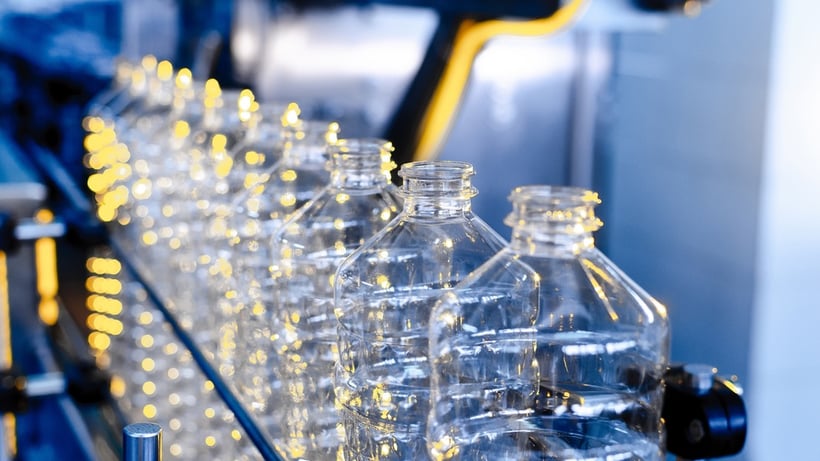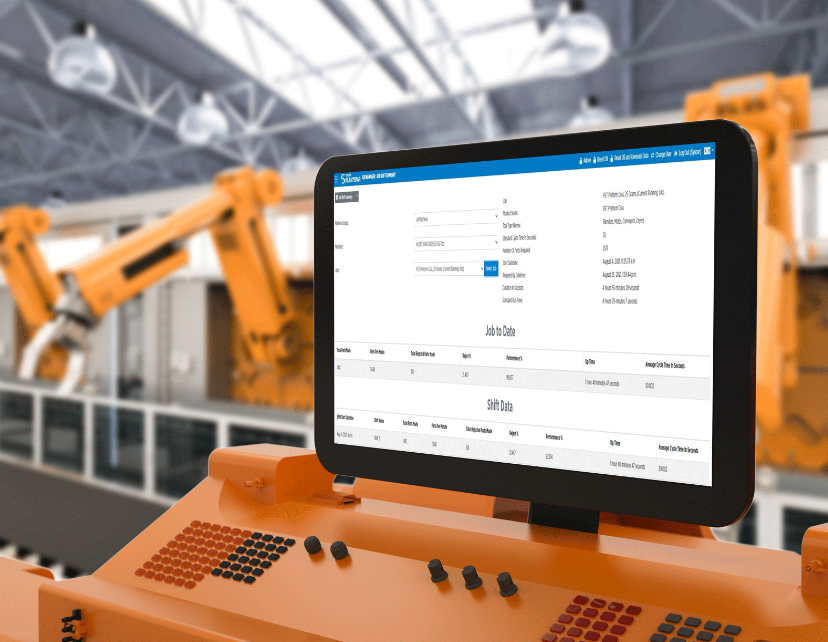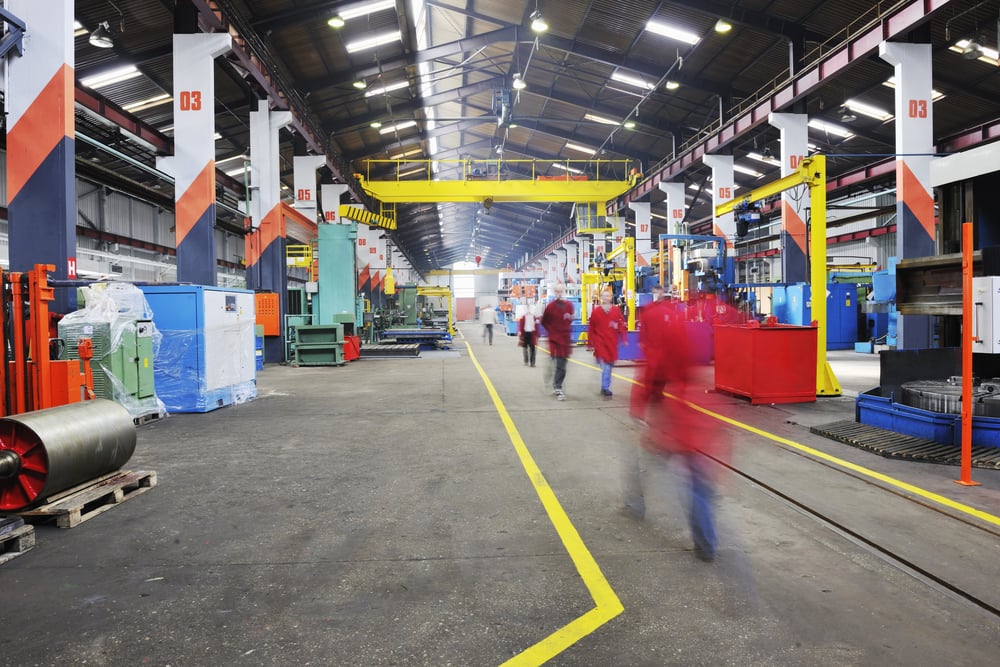
Plastics manufacturing represents one of the world’s largest markets. Like other suppliers, these companies were dramatically impacted when the pandemic struck. As a result, they embraced digital transformation to gain more real-time information into their supply chains and factory floors. Adopting a Manufacturing Execution System (MES) smoothed out the transition.
The plastics industry, still the most-used material in the world, is a mature, vital component in many products. The global plastic market size was valued at $579.7 billion in 2020 and is expected to reach $734.2 billion in 2028, a Compound Annual Growth Rate (CAGR) of 3.4% from 2021 to 2028.
Lagging in Technology Adoption
Because of its maturity, the market typically has been a few steps behind in adopting industry-leading technology. Plastics processors implemented many improvements through the years, but they have been leery of deploying new technology tools because of their cost and the changes that they often bring to the workflow.
But that thinking changed when the pandemic struck, and its impact became clearer. Their supply chains were crippled. Plastics processing companies also faced staffing problems. New social distancing rules forced suppliers to revamp their manufacturing processes, which usually lowered efficiency and created new bottlenecks. Employees were leery of getting sick, and sometimes did not come in for scheduled shifts and in other cases left the industry altogether.
The changes occurred at a time when plastics were in high demand. Plastics manufacturers played a key role in supplying test kits, mask shields, ventilator parts, and other items considered essential for health care companies during the pandemic.
As a result, the shop floor processes that were in place could not handle the new requirements. They were quickly overwhelmed with the massive volume and dynamic nature of the new requests. The end result was unreliable process flow, limited access to information, delayed responsiveness, lost opportunities, and frustration.
Plastics Embraces Industry 4.0
New ways to run the plant were needed. So, these firms began to modernize, which meant embracing Industry 4.0. They moved away from traditional, stand-alone, limited visibility systems and deployed newly automated, connected, frictionless digital technology.
With it, injection molding machines no longer operate as standalone systems. Instead, they become part of fully automated, smart systems that track all stages of the manufacturing process, from storing feedstock to pre-conditioning materials, production of the products, and handling and packaging of finished goods.
Merging manufacturing automation, data collection process, and data exchange through technology-enabled manufacturers to integrate computing and shop floor machinery and create smart factories. This new digital world leverages the collective and seamless interaction of web collaboration, Programmable Logic Controller real-time production tracking, integrated business applications, and online B2B customer portals.
An MES solution plays a key role in the transition. In these new deployments, information becomes key to monitoring the supply chain and manufacturing process. An MES becomes a key building block in such a transformation because it collects manufacturing plant performance information. For example, PlantStar tracks Cycle Time, Shot Size, Injection Pressure, Hold Pressure, Hold Time, Cushion, and Position. Production process data including Machine and Tool Cycles, Good and Bad Part Counts, Up Time and Down Time, and Reject, Assist, and Downtime Events.
Technology Streamlines Plastics Manufacturing
Making the change enables manufacturers to control the plant floor. They gain real-time insight into performance and can make adjustments in a timelier manner. The changes result in many improvements.
- Increase Productivity: employees spend less time trying to understand what is happening in the supply chain and on the factory floor and more time-solving problems and taking advantage of new opportunities.
- Drive Higher Cost Efficiency: the price for goods drops as manufacturers become more effective.
- Enable Better Business Decisions: the systems supply executives with more information and context, so they understand what is happening more fully and make sound decisions.
- Automate Shop Floor Processing and Maintenance: use technology to automate traditionally manual processes.
- Improve Quality: the careful examination of qualitative data enables plant floor personnel to address problems earlier and reduce the number of defective devices.
- Gain Predictability: traditionally, employees were in reactive mode, addressing problems after they occurred. Now, they have more insight into operations and can prevent some issues from arising.
- Reduce Staff Resource Costs: better understand how many employees are needed for each shift and staff accordingly, so companies reduce overtime pay and avoid calling in workers at the last minute because a production run falls behind.
- Increases Sales: delivering quality products enhances customer satisfaction, which boosts sales.
Plastic has been a manufacturing industry staple. Historically, these suppliers have been slow to adopt new technology because of its cost and deployment complexity. The pandemic forced a shift in thinking, so they are now deploying items, such as an MES solution, and readying themselves for the transition to Industry 4.0.




